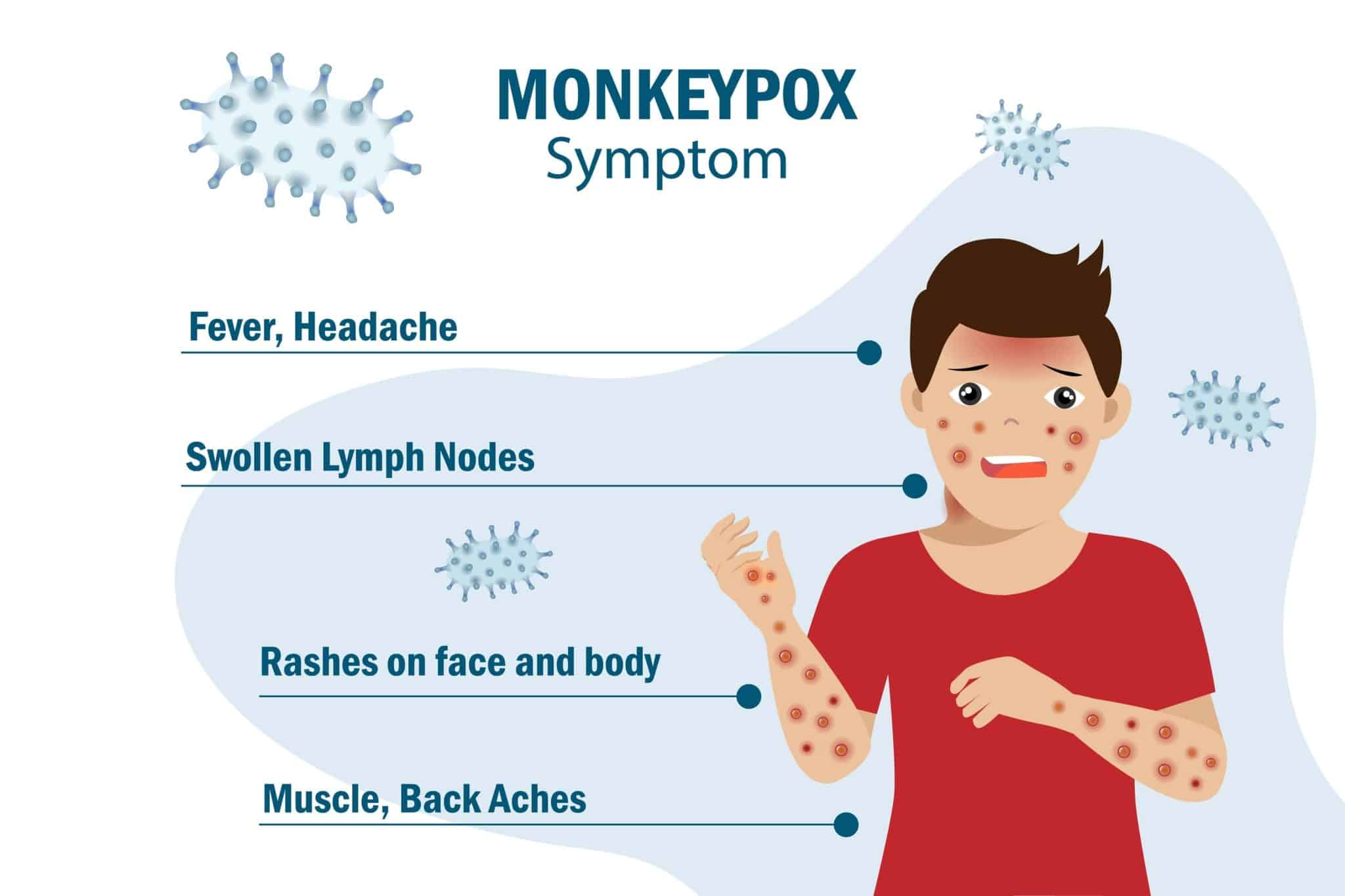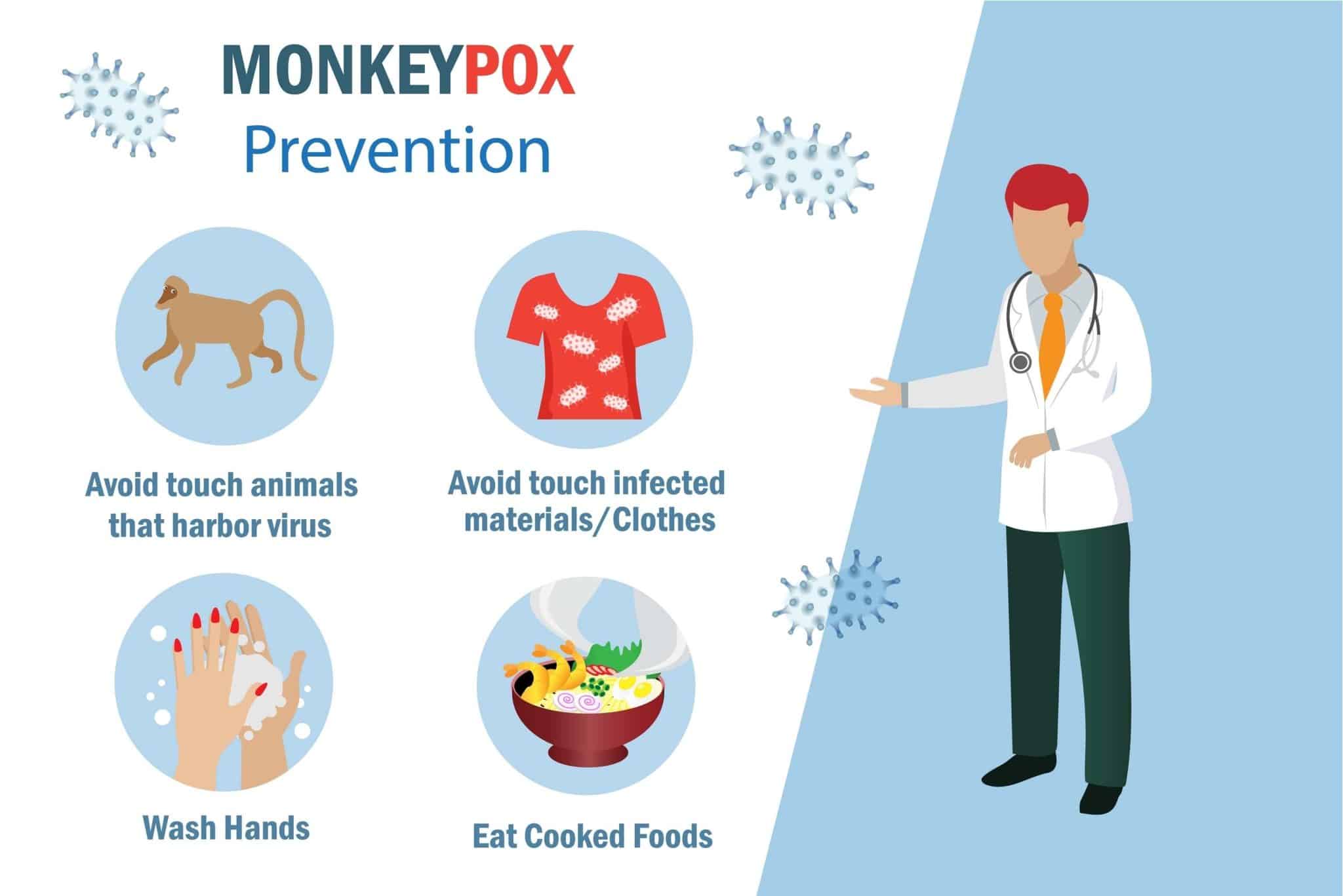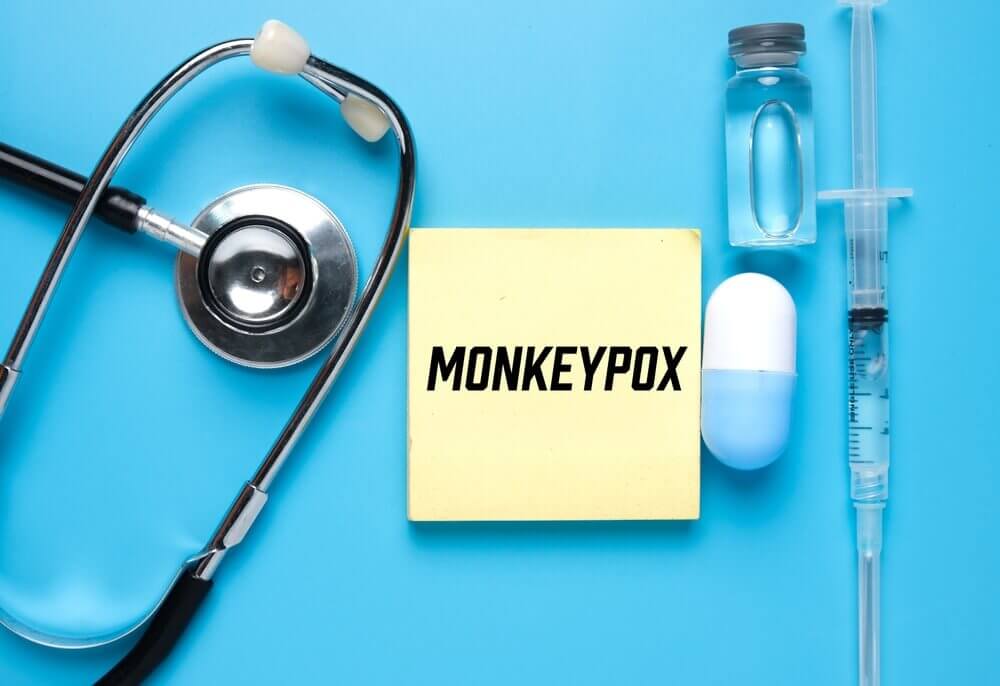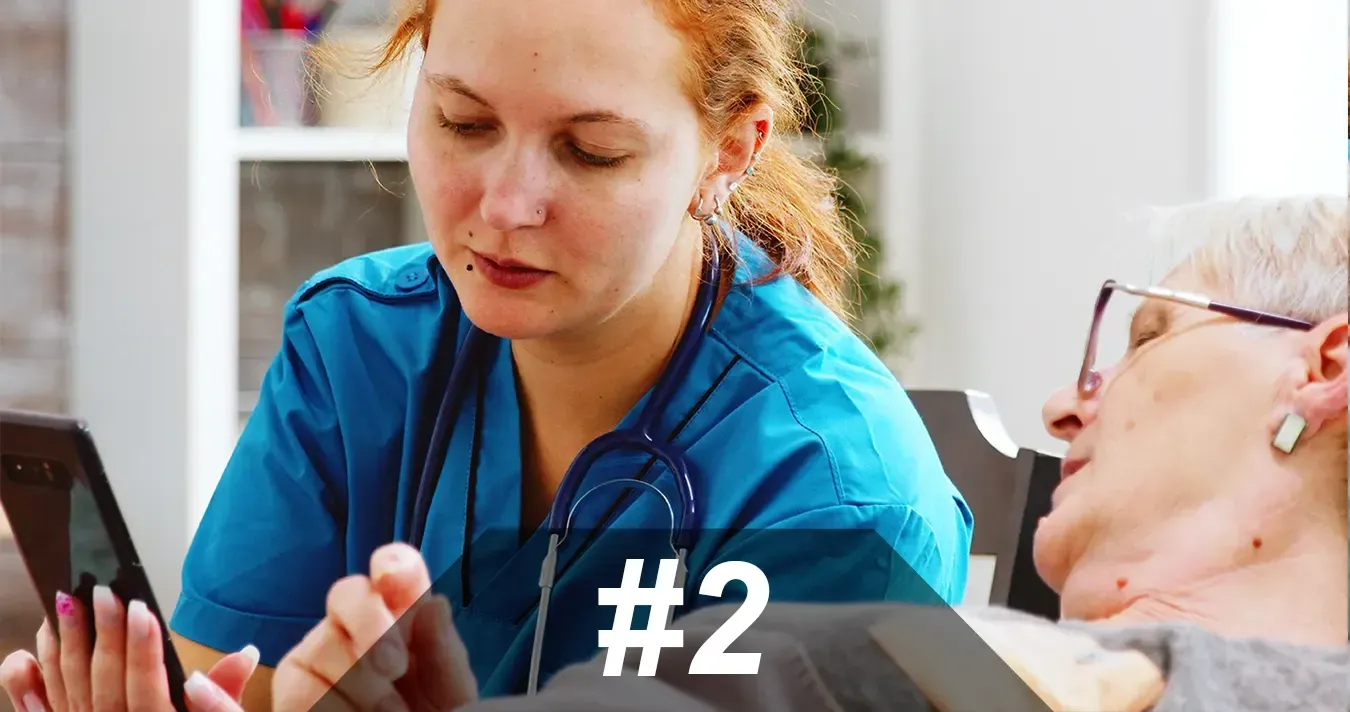Monkeypox is a zoonotic disease, which means it can spread between species from animals to humans or from humans to animals. In a 2022 study, researchers examined how monkeypox rates evolved from the 1970s to the present day. They discovered that within the past 50 years the infection rate has increased by 10 times as much. With the ever-evolving landscape of monkeypox, scientists scramble to find a treatment. It is our responsibility to stay vigilant and well-read during these unusual times.
CHARACTERISTICS OF MONKEYPOX
Monkeypox is a viral infection, similar to chicken pox. It commonly causes rashes on or near the genitals or anus but can be found at other locations like the face, hands, chest, mouth, and/or feet. Over time, the rash changes from pimples or blisters into scabs before it finally heals.
For most people, the only symptom is the rash. However, there are other common symptoms. Some symptoms may include fever, chills, swollen lymph nodes, exhaustion, muscle aches, headache, and respiratory issues such as nasal congestion, cough, or sore throat. You may have some or all of these symptoms. In some cases, people develop these flu-like symptoms before the rash appears. In others, the rash appears first, then other symptoms appear.
WAYS TO STOP THE SPREAD OF MONKEYPOX
Prevention is the best and most sure way to stop the spread of monkeypox. First, avoid skin-to-skin contact with people with rashes that look similar to monkeypox. For example, do not touch the rash or scabs of a person who may have monkeypox. Also, do not kiss, hug, cuddle, or have sex with someone who appears to be infected by the virus.
Another way to prevent catching monkeypox is to avoid touching any objects and materials used by a person with monkeypox. Remember that this virus can be transferred through fabric or any external surface.
Another prevention method is simply to wash your hands often. Washing your hands removes dirt and bacteria. Make sure to wash with soap and water or use an alcohol-based hand sanitizer.
TREATMENT OPTIONS FOR MONKEYPOX
There are no known treatment options specific for monkeypox, but it is genetically similar to smallpox. This means some smallpox vaccines and antiviral drugs can be used to prevent and treat monkeypox. In fact, for those with weak immune systems, your doctor may prescribe an antiviral called tecovirimat, or TPOXX for short.
Once again, prevention is the best way to stop the spread of monkeypox. If you are experiencing symptoms similar to what’s described, please speak with a doctor even if you believe you were not exposed to the virus. In most cases, the infection is mild, and rarely will it cause severe complications. However, those with weak immune systems are at greater risk of developing severe complications from the virus, so it is crucial for us to prevent the spread of monkeypox as much as possible.







